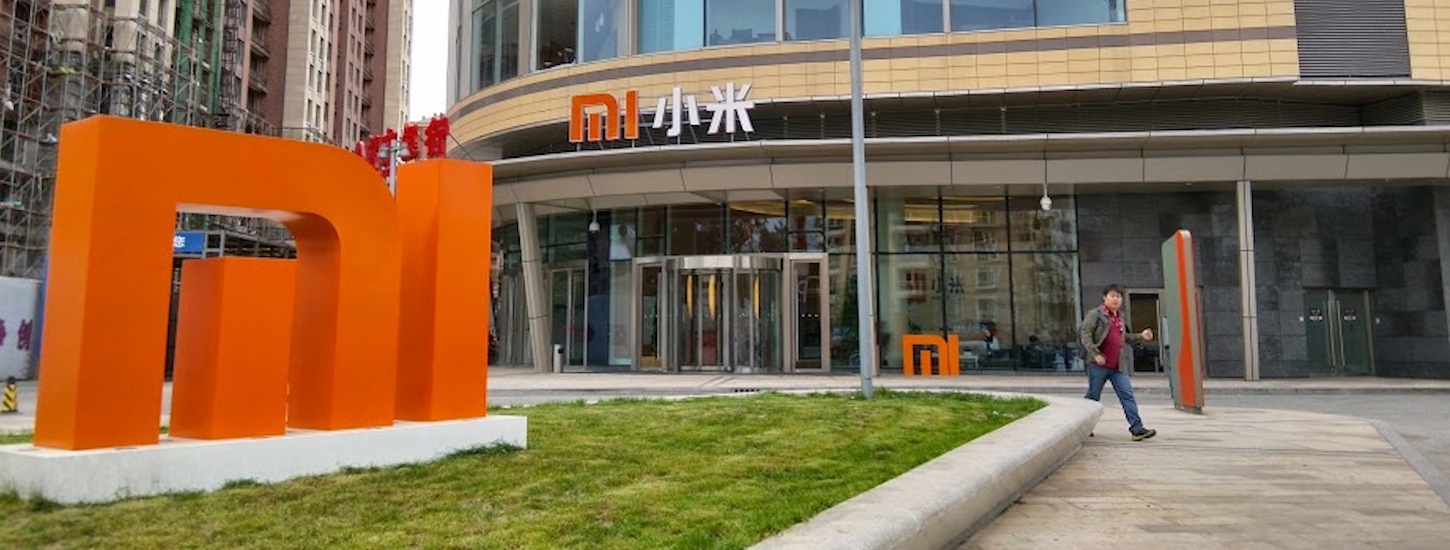Brokerdealer.com blog update courtesy of The Wall Street Journal
 Chinese smartphone maker has raised more than $1 billion in its latest round of funding, making it one the fastest growing tech start-up of the year. In the latest round of funding BrokerDealers
Chinese smartphone maker has raised more than $1 billion in its latest round of funding, making it one the fastest growing tech start-up of the year. In the latest round of funding BrokerDealers
are have been an essential part in the company raising so much funds as The Wall Street Journal’s Juro Osawa explains below.
Xiaomi Corp. is raising more than $1 billion in its latest round of funding, valuing the fast-growing Chinese smartphone maker at more than $45 billion and making the company one of the most valuable technology startups in the world, a person familiar with the matter said.
The round, which could close as early as Monday, is led by All-Stars Investment, a tech investment fund run by former Morgan Stanley analyst Richard Ji, the person said. Other participants in the round include Russian investment firm DST Global and Singapore sovereign-wealth fund GIC, which are both already shareholders of Xiaomi.
Yunfeng Capital, a private-equity firm affiliated with Alibaba Group Holding Ltd. Executive Chairman Jack Ma , is also participating in the round, the source said. The person declined to say how many shares will be sold in the latest round.
A Xiaomi spokesman declined to comment.
The $45 billion-plus valuation puts Xiaomi above most other Silicon Valley and Asian technology startups. Earlier this month, U.S. ride-sharing service Uber Technologies Inc. said a new round of funding valued it at $41 billion.
The surge in Xiaomi’s valuation over the past year indicates just how high expectations are as the company expands its business outside China, mainly in emerging markets where there is robust demand for inexpensive smartphones.
In its previous round of funding in August 2013, Xiaomi was valued at $10 billion.
Xiaomi, founded by Lei Jun in 2010, has grown rapidly to become the top-selling smartphone vendor in China by offering affordable phones with features rivaling high-end models. Xiaomi phones come with a customized version of Google Inc. ’s Android operating system, and the company often updates the software based on requests from users.
For the entire Wall Street Journal article, click here


 rokerdealer.com blog update courtesy of Wired.com
rokerdealer.com blog update courtesy of Wired.com
 With the economy fully recovered from the financial crisis,
With the economy fully recovered from the financial crisis,